
28,99 €
Versandfertig in über 4 Wochen
Gebundenes Buch
How Philanthropists and Impact Investors Can Do More Good By Giving Up Control: How Philanthropists and Impact Investors Can Do More Good By Giving Up Control
1. Juni 2021
Zorajack Studio
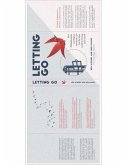
15,95 €
Sofort per Download lieferbar
eBook, ePUB
31. März 2021
Zorajack Studio
Ähnliche Artikel


Broschiertes Buch
21. März 2023
Taylor & Francis Ltd

20,99 €
Versandfertig in 2-4 Wochen
Broschiertes Buch
How to Make Money in Buy-To-Let
17. März 2020
Little, Brown Book Group

Gebundenes Buch
Upd. and exp. Ed.
9. September 2008
Harvard Business School Press / McGraw-Hill Professional

22,99 €
Versandfertig in über 4 Wochen
Broschiertes Buch
How a Few Companies Make It...and Why the Rest Don't (Rockefeller Habits 2.0)
Revised edition
18. Oktober 2022
Gazelles, Inc.
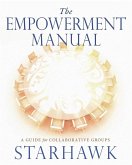
Broschiertes Buch
A Guide for Collaborative Groups
1. Oktober 2011
New Society Publishers

17,99 €
Versandfertig in 2-4 Wochen
Broschiertes Buch
An activity book for children who need support through experiences of loss, change, disappointment and grief
9. Januar 2020
Templar Books
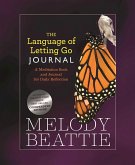
29,99 €
Versandfertig in 2-4 Wochen
Broschiertes Buch
31. Januar 2003
Hazelden Information & Educational Services
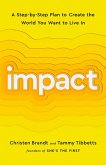
21,99 €
Versandfertig in 2-4 Wochen
Broschiertes Buch
A Step-by-Step Plan to Create the World You Want to Live In
6. April 2023
PublicAffairs,U.S.
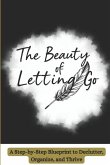
10,99 €
Versandfertig in über 4 Wochen
Broschiertes Buch
Simplify Your Space, Amplify Your Happiness: A Step-by-Step Blueprint to Declutter, Organize, and Thrive"
28. Januar 2025
Amazon Digital Services LLC - Kdp
Ähnlichkeitssuche: Fact®Finder von OMIKRON
